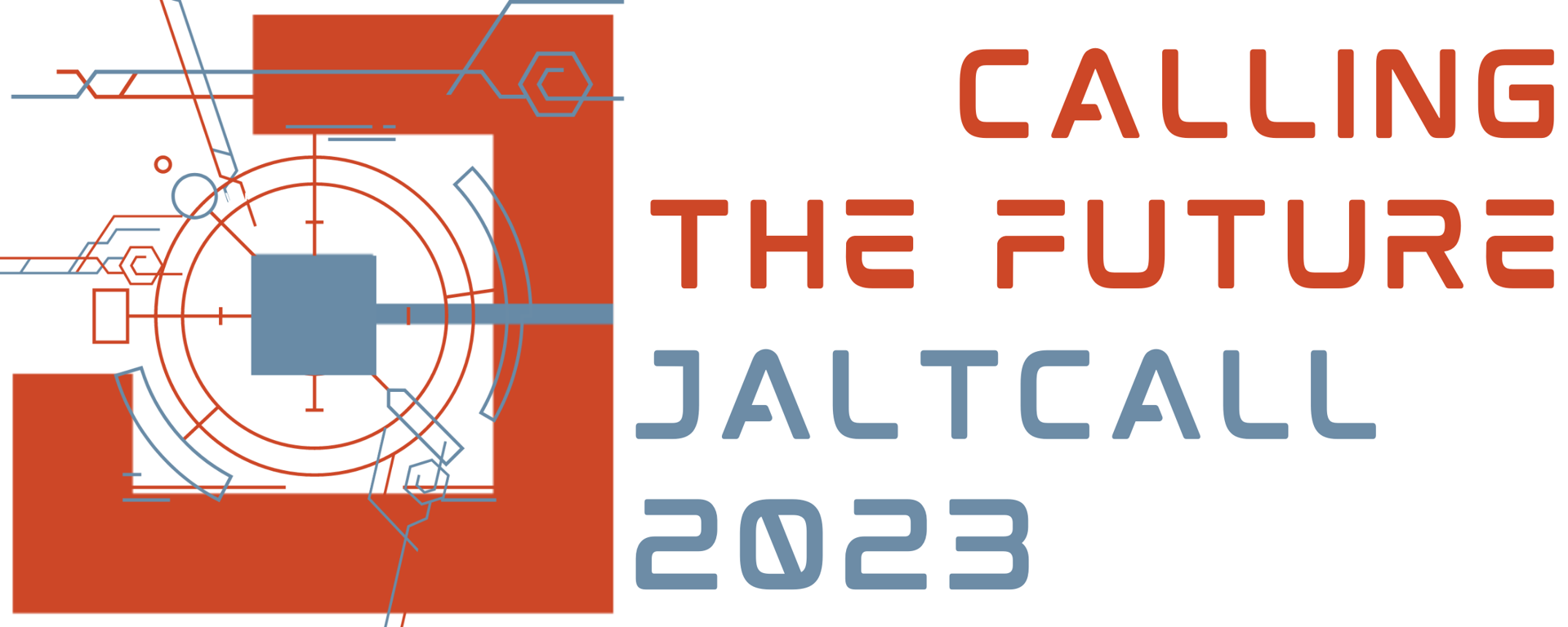2023-06-03, 15:40–16:10 (Asia/Tokyo), G1-2
Language: English
Using technology offers educators and learners an abundance of opportunities. As the online learning environments of 2020-2022 ease into a face-to-face future, teachers need to re-evaluate their technological usage, from selection through methodology to evaluation. Through dialogue, we discuss the recent excitement over technology in educational practice. We reflect on how the variety of usages and how it is matched by the variety of issues. Teachers face limitations in their own technological skills, knowledge and comforts; students’ access and familiarity; and institutional guidelines and provisions. Questions also abound regarding why and whether students benefit from, or even desire technology as a pathway for learning.
This duoethnographic research uses a dialogic method to “interrogate and reinscribe [the] previously held beliefs” and experiences of two digital-native teachers’ experiences (Norris & Sawyer, 2012). Their experiences address Kansai-based secondary and tertiary education contexts and their experiences and observations of technology use and its potential drawbacks. Through this discussion, they aim to suggest when a low- or no-tech approach might be more effective. The project aims to re-evaluate how technological integration can improve working conditions, learning environments, and understanding of student needs.
Despite its advantages, technology can create more problems than solutions. This presentation explores potential drawbacks, advocates for low- or no-tech cases, and discusses how to navigate these decisions.

